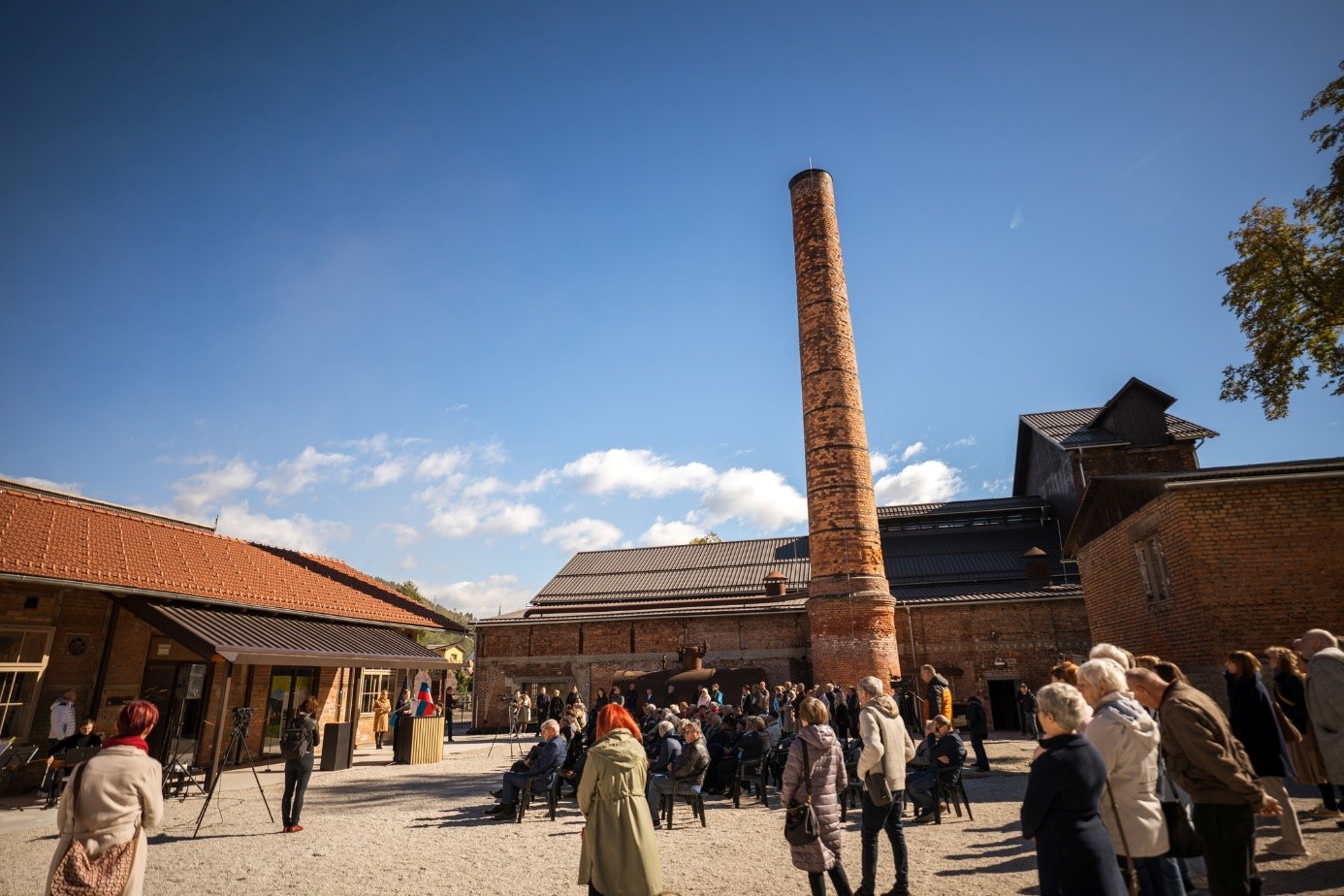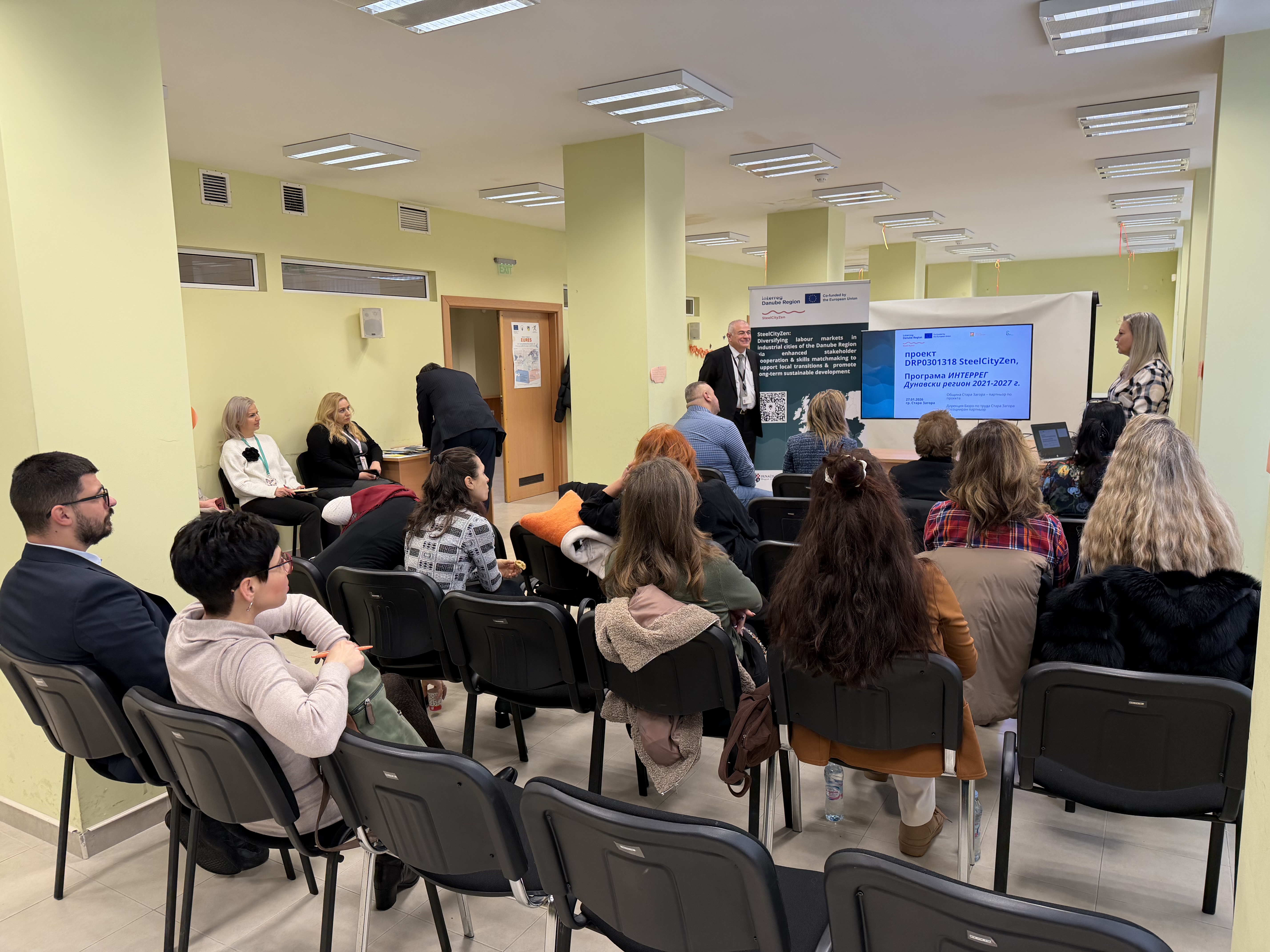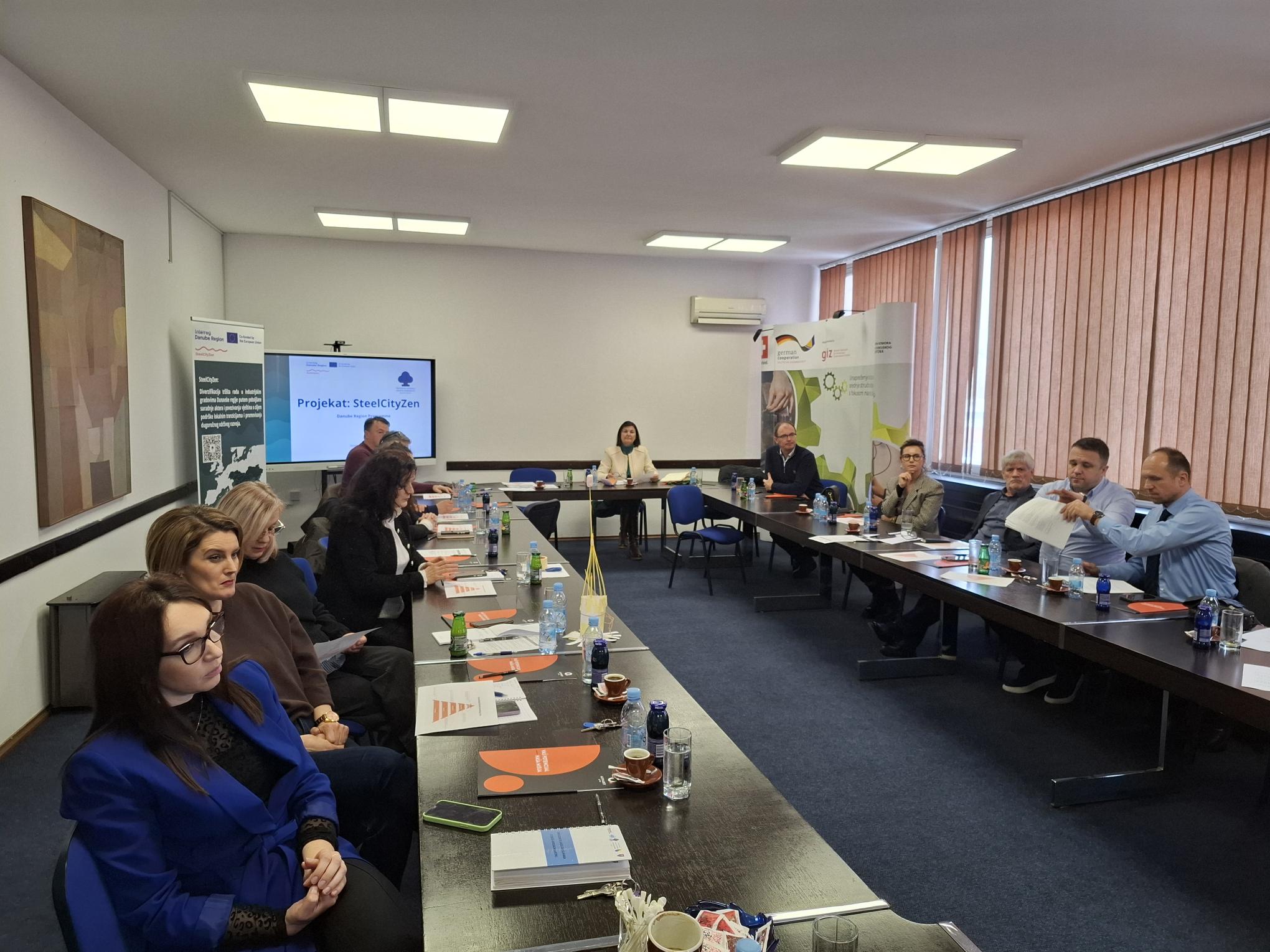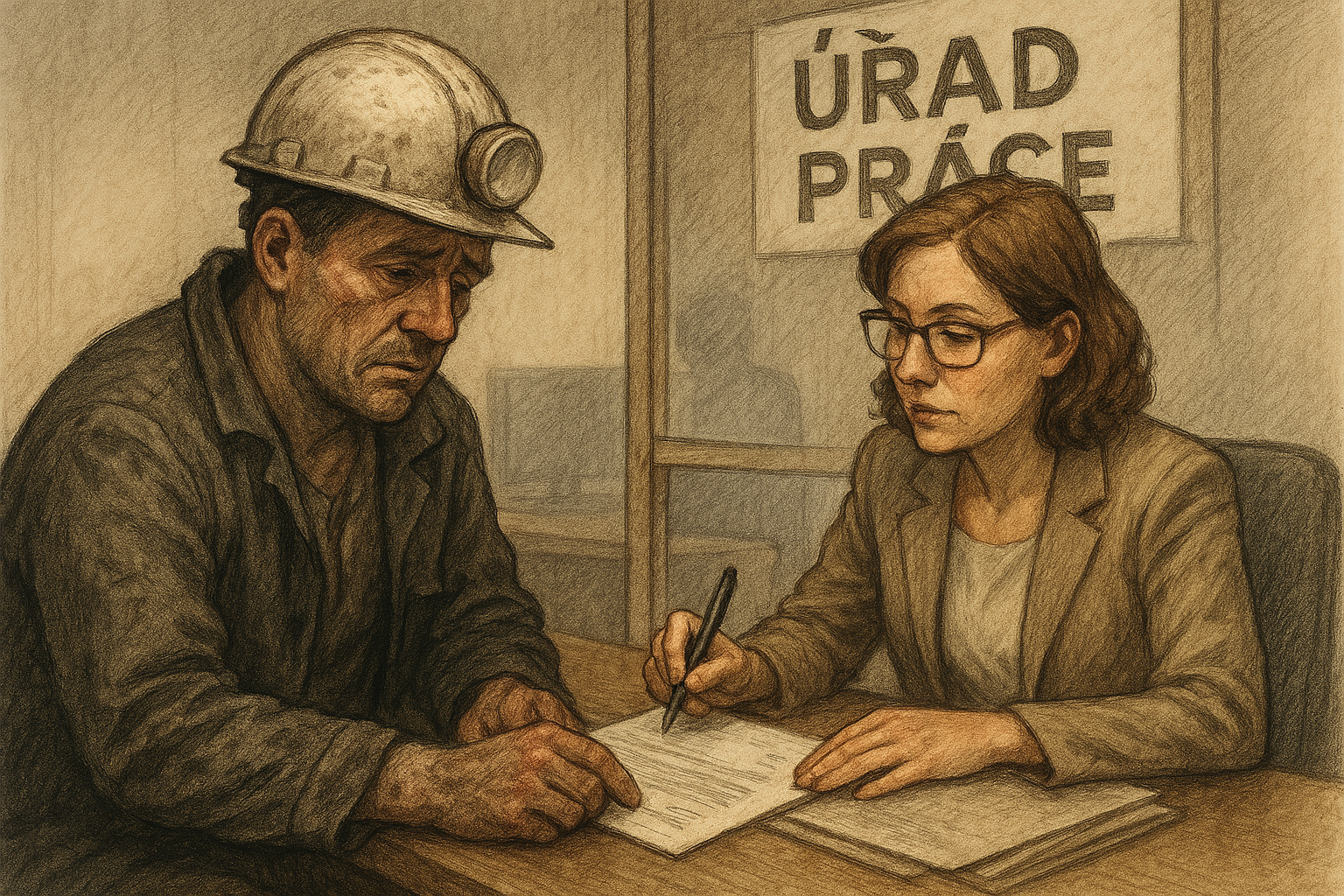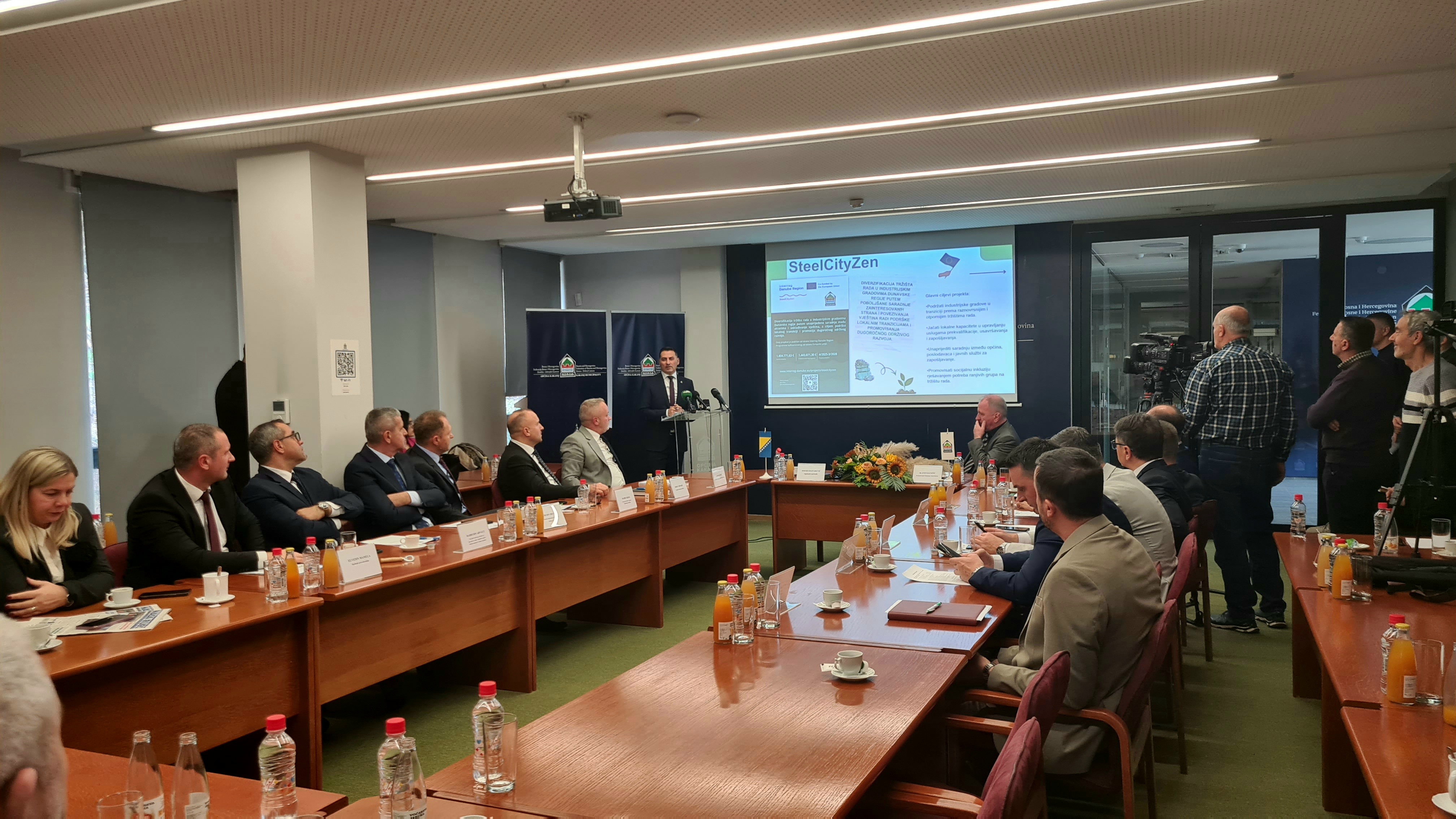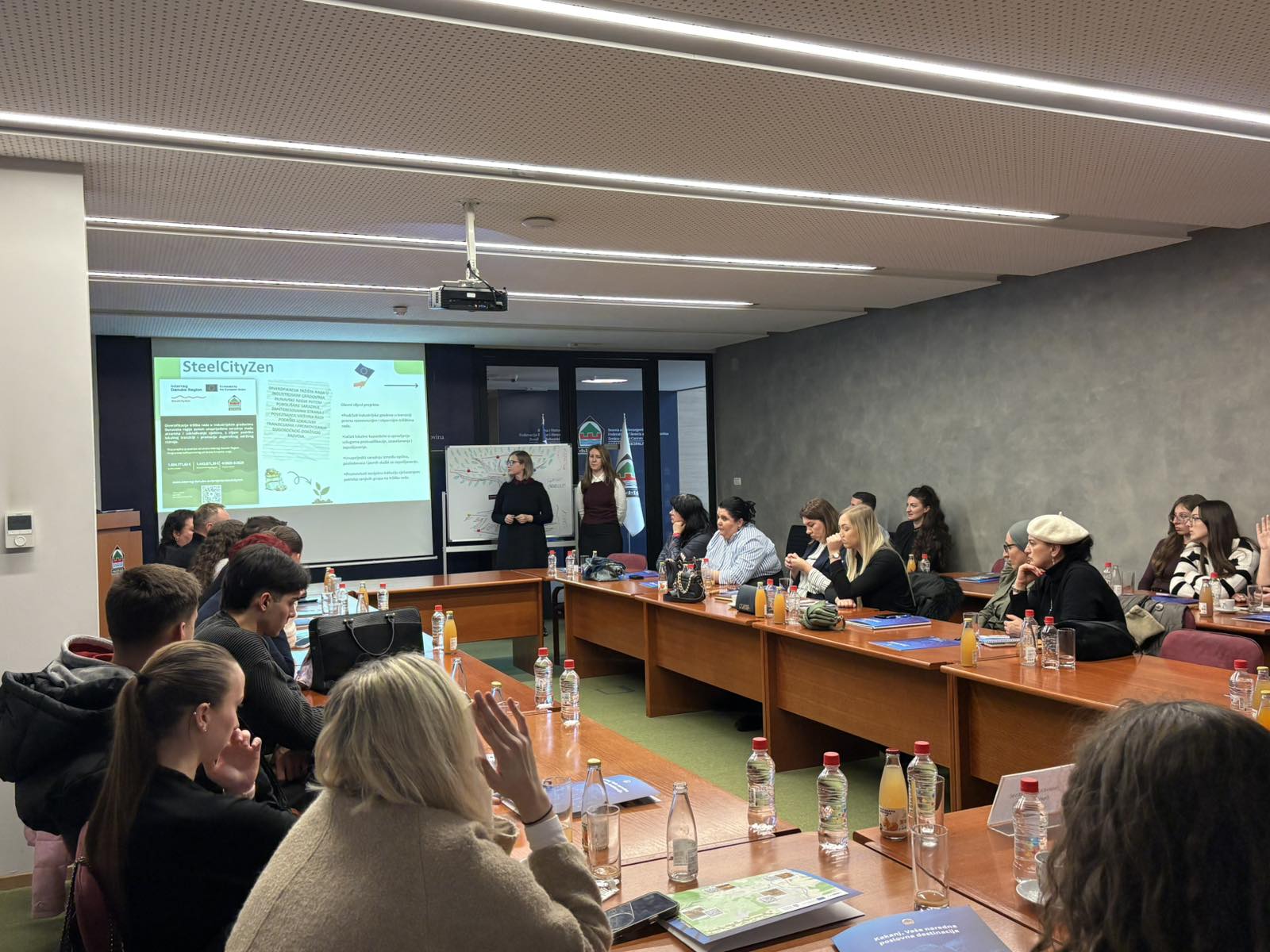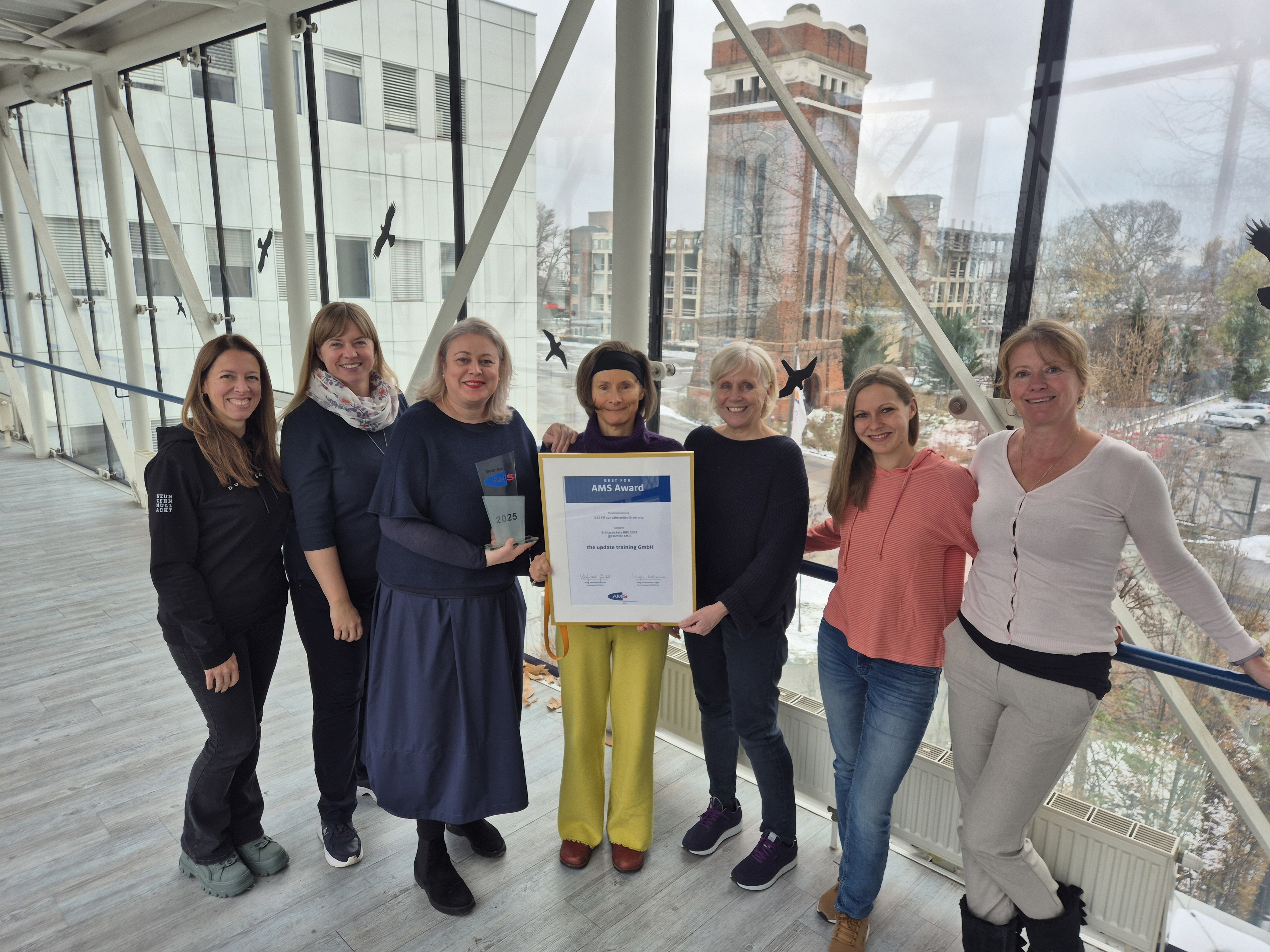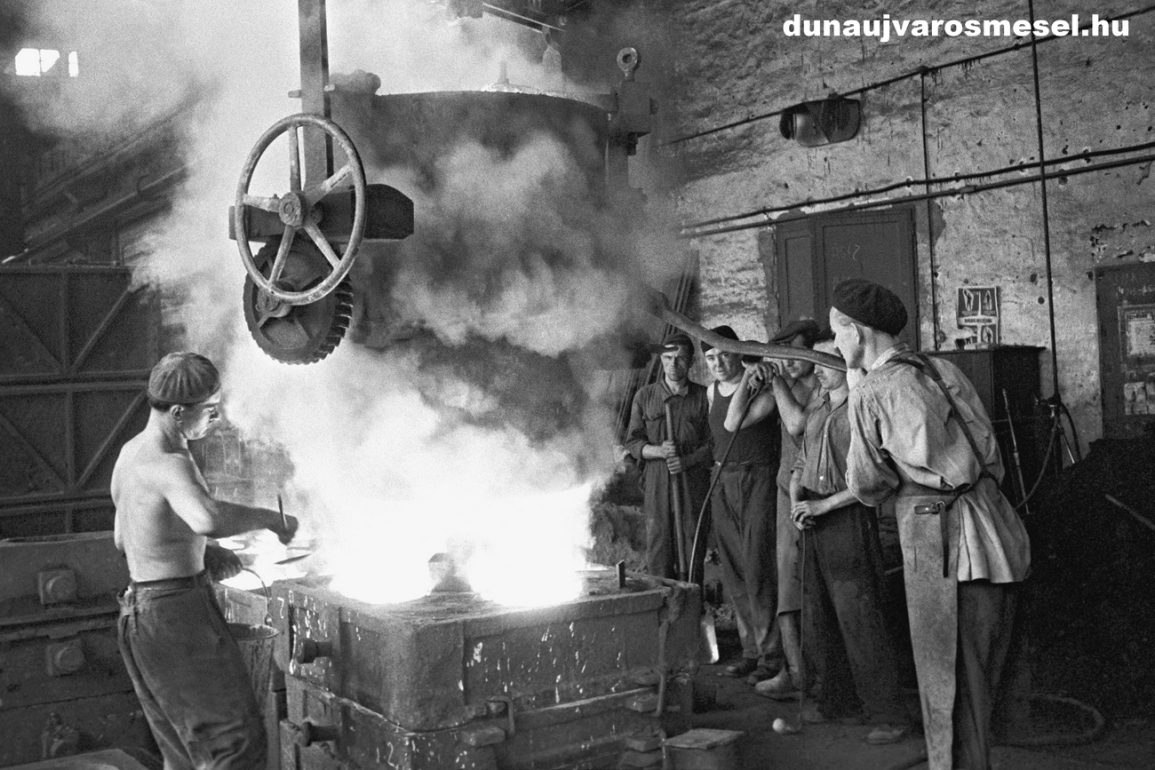
SteelCityZen Objective 2: Flexibility First : Building Locally Adapted Labour Market Support Systems
Next articleOne-size-fits-all is no longer an option for industrial cities in transition.
Across the Danube Region, a growing number of industrial cities are confronting the limits of centralised labour market systems. As major employers scale back or shut down entirely, cities must respond quickly and strategically yet the support mechanisms available to them are often too rigid, generic, or disconnected from local realities. The SteelCityZen project is tackling this problem head-on by designing and testing locally adapted frameworks that can provide more timely, tailored and effective support to both workers and employers.
This is the focus of the project’s second objective: developing labour market support systems that reflect the specific needs of each city, rather than relying solely on top-down schemes. These frameworks are not theoretical they are being co-developed and tested through pilot activities in cities such as Ostrava, Galati, Nikšić and Kakanj, each facing distinct structural challenges.
Why Flexibility Matters
For cities with (mono)industrial legacies, labour market vulnerabilities are often systemic. Skill profiles are narrow. Job opportunities outside dominant sectors are limited. Social safety nets may be in place, but they rarely prepare workers for what comes next.
SteelCityZen partners are responding by establishing support structures that are:
Place-based: developed in consultation with local stakeholders and informed by on-the-ground data;
Modular: allowing cities to combine digital platforms, physical services and institutional cooperation in ways that suit their specific context;
Inclusive addressing the needs of low-skilled, older or vulnerable workers who are often excluded from standard employment services.
In Dunaújváros and Ostrava, where Liberty Steel’s crisis threatens the employment of thousands, the local authority is piloting a support service that provides in-person counselling for workers at risk of redundancy. The aim is to not only help individuals navigate immediate options, but to assess their long-term employability and connect them with relevant retraining schemes.
Meanwhile in Galati, a port and manufacturing city in Romania, authorities are building an online platform for labour market matchmaking and skills assessment. The platform is being designed with employers and citizens in mind with a particular focus on adaptability, so that its features can be transferred and localised by other partner cities.
Co-creation as Method
Central to the SteelCityZen approach is the concept of co-creation. Rather than importing models from elsewhere, cities are developing their support frameworks together with local actors: employment agencies, chambers of commerce, training providers, businesses, and civil society.
This process is especially visible in Nikšić and Kakanj, where municipalities are facilitating dialogue between public institutions and private employers to ensure that local upskilling efforts reflect actual labour market demand. In Kakanj, this has led to the planning of a Green Skills Co-working Hub a pilot space dedicated to training in sustainability-related competencies.
Adaptable and transferable
Although locally rooted, the solutions being developed are designed for wider replication. The project’s transnational working groups ensure that frameworks can be scaled, adapted and adopted by other Danube cities, particularly those facing similar structural pressures.
In the long term, these pilots are expected to inform the creation of permanent mechanisms for local labour market coordination, ideally embedded in municipal policy. By the end of the project, each city will produce an action plan outlining how tested solutions can be sustained and expanded.
What Comes Next
As pilots move from design to implementation, the project will collect data on outcomes, usability, and stakeholder satisfaction. The ultimate goal is to demonstrate that locally adapted support systems can not only respond faster to economic shocks, but also foster greater trust between citizens, institutions, and employers.
The next article in this series will turn to the innovative tools SteelCityZen is developing from digital platforms to long-term cooperation schemes and how these are reshaping the way cities engage with their labour markets.
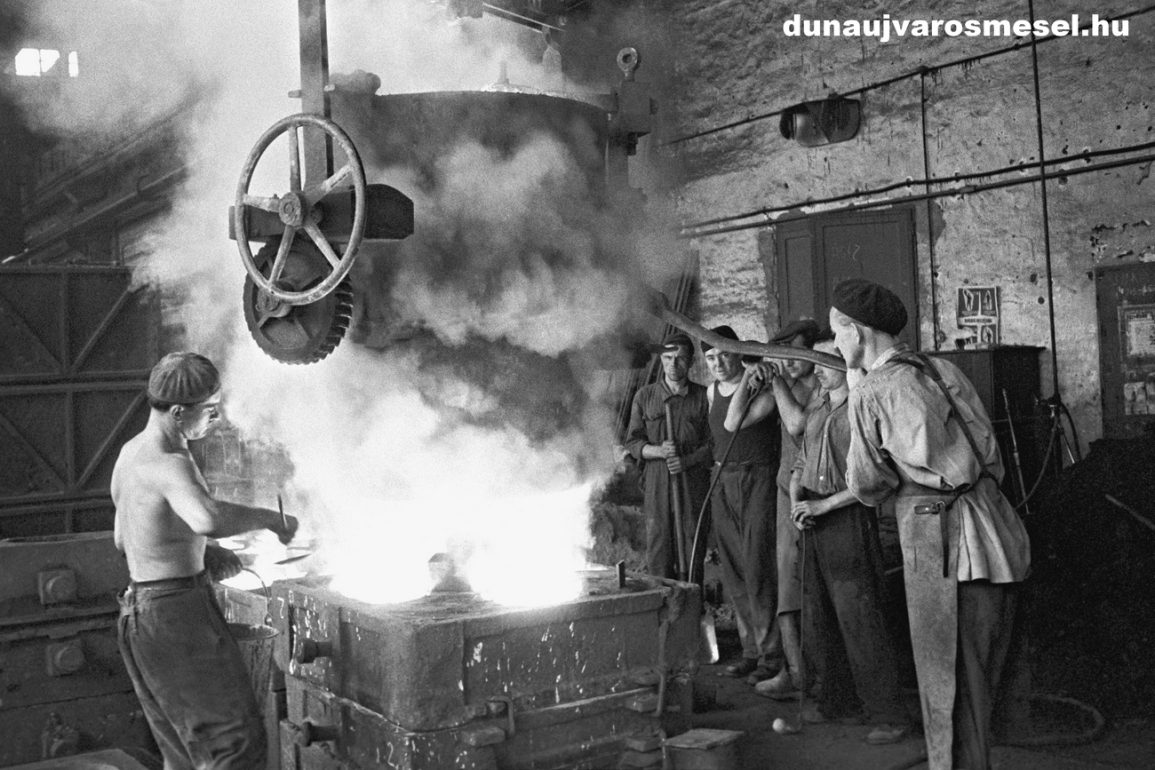
Pciture by MTI/Tamás Fényes
News & Events
Read the most recent updates and explore the upcoming events.

